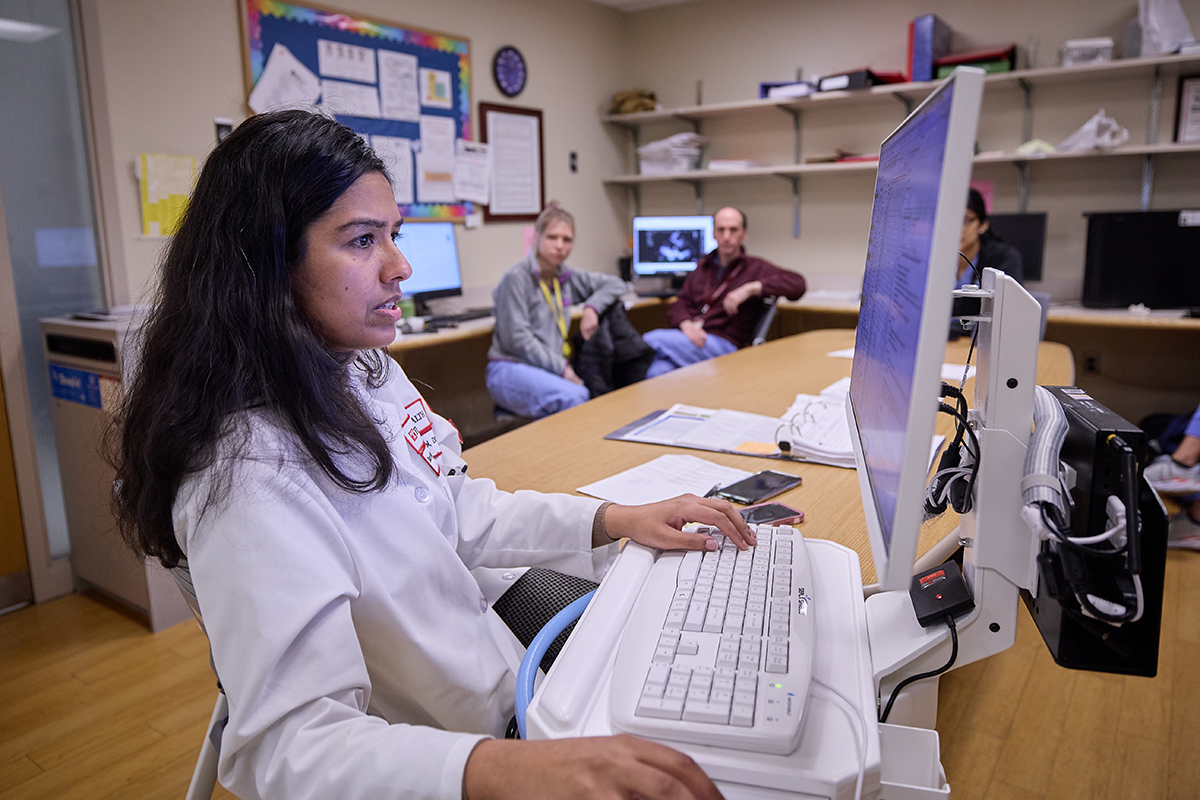
One of the most important steps in having a heart transplant is getting placed on the transplant waiting list.
Temple's Heart Transplant Program is one of the most experienced heart transplant programs in the country. If you're a transplant candidate, our team guides you through the process of:
- Getting on the transplant list after a medical evaluation from your cardiologist
- The transplant procedure and everything you should expect leading up to it
- Life after a transplant, including follow-up appointments and lifestyle changes
We provide our expertise and support every step of the way, and with the expanded criteria at Temple Health, more patients are eligible for a heart transplant here.
What Is the Transplant Waiting List?
Because there are shortages of organ donors, there are waiting lists for transplant organs, including hearts. The United Network for Organ Sharing (UNOS) is the private, nonprofit organization that manages the United States' organ transplant system. UNOS manages the lists and allocation of all donor organs for transplants in the United States.
How Long is the Waiting List?
Wait time varies for a donor heart. You may get a heart in days, or it may take a year or more. At Temple, 77.9% of patients received a transplant within 1 year, based on data in the January 2024 Scientific Registry of Transplant Recipients report. That’s a shorter wait than the national average of 61.1%.
How Do You Get on the Heart Transplant List?
You can only be added to the heart transplant waiting list by a transplant center that has approved you for transplant. At Temple, approval for transplant begins with a referral from your cardiologist. Next comes an extensive evaluation.
Our transplant team consists of cardiologists, surgeons, nurses and social workers. During the evaluation process, they will review your medical history, conduct diagnostic tests and perform a psychological exam. This allows them to determine if you’re a candidate for transplant at Temple. Financial staff also work with your health insurance company to determine coverage.

